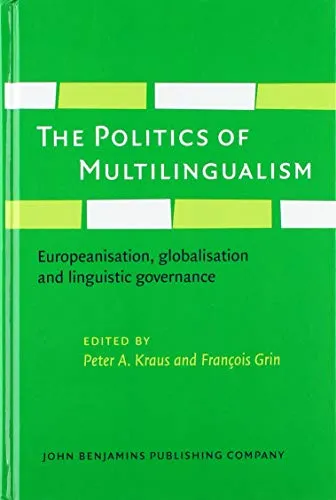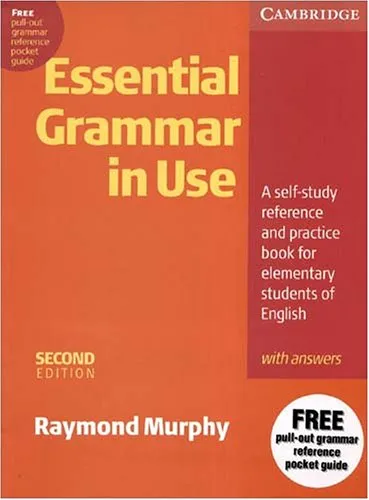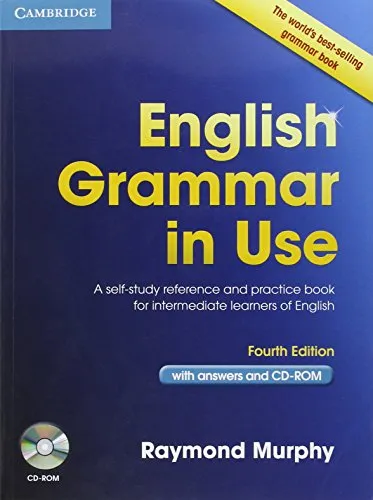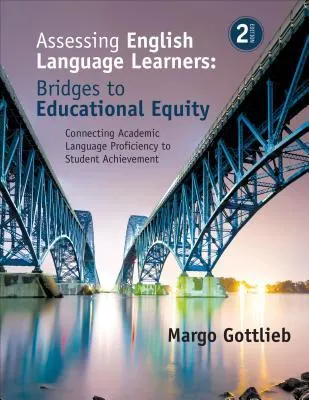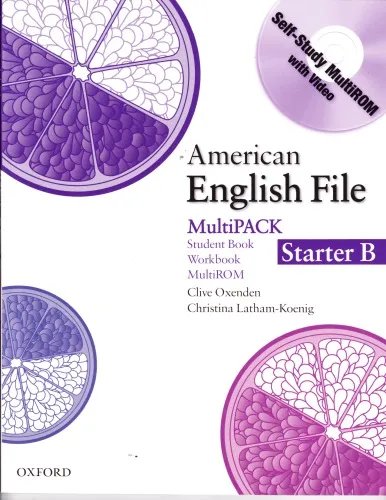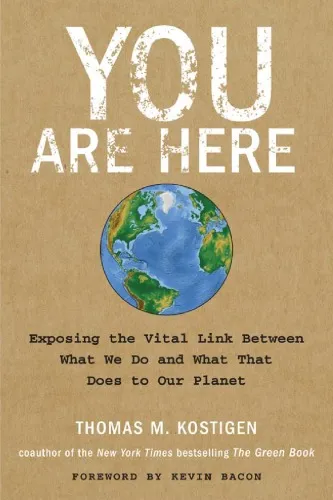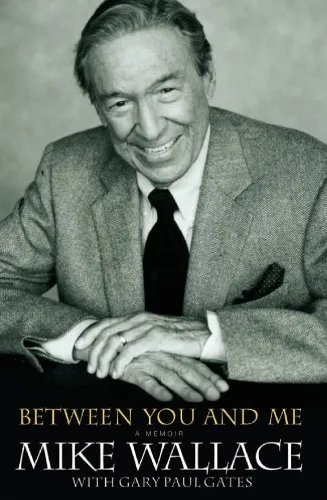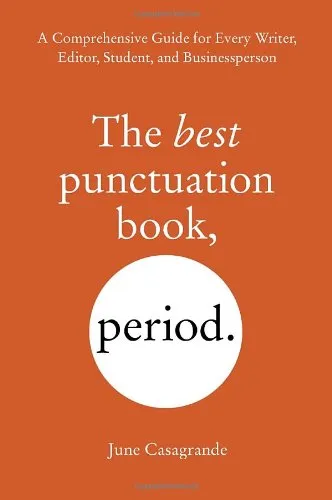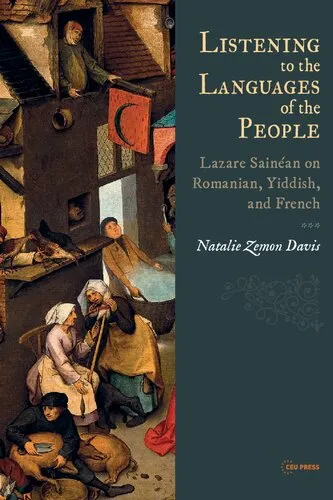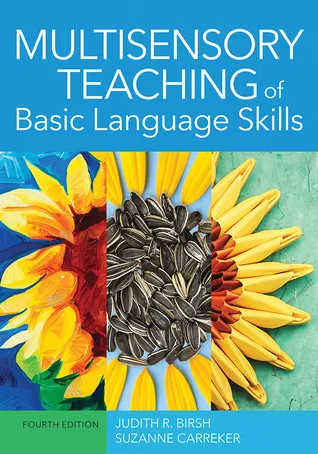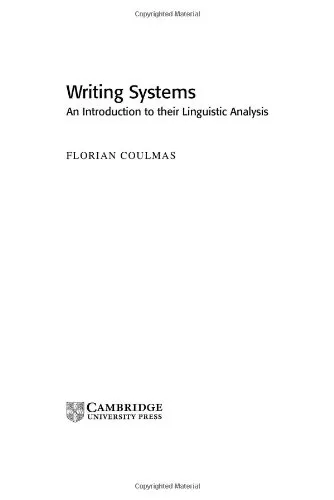The Politics of Multilingualism : Europeanisation, Globalisation and Linguistic Governance
4.5
Reviews from our users

You Can Ask your questions from this book's AI after Login
Each download or ask from book AI costs 2 points. To earn more free points, please visit the Points Guide Page and complete some valuable actions.Related Refrences:
Introduction: The Politics of Multilingualism
“The Politics of Multilingualism: Europeanisation, Globalisation and Linguistic Governance” explores one of the defining features of our contemporary era—language diversity. In this book, editors Peter A. Kraus and François Grin bring together a series of compelling essays to delve into the intricate relationship between multilingualism, governance, and sociopolitical evolution in a rapidly globalising world.
The book focuses on three intersecting domains: Europeanisation, globalisation, and the governance mechanisms shaping multilingual practices in diverse settings. It illustrates how multilingualism is deeply entwined with politics, economics, identity, and power. The chapters provide multidisciplinary perspectives, drawing from sociology, linguistics, policy studies, and political science to illuminate the opportunities and challenges associated with linguistic diversity. Whether examining EU language policy, migration trends, or the commodification of certain languages, this book offers rich theoretical insights and practical frameworks for understanding multilingualism in the 21st century.
Detailed Summary of the Book
At its core, the book interrogates how multilingualism is navigated in both European and global contexts, particularly in the face of sociopolitical tensions and economic interconnectivity.
The discussion begins by situating multilingualism as a political phenomenon. The book explores how language policies are implemented and negotiated within institutions such as the European Union, where official and minority languages must coexist. Chapters in this section reveal the tensions between the drive for unification under a common political framework and the celebration of linguistic and cultural diversity.
The editors then turn their focus to the global stage, where power dynamics favor certain languages over others due to colonial histories and global market forces. English emerges as a dominant force, yet even this dominance brings with it a suite of challenges, such as linguistic inequality and the erosion of lesser-used languages. The book examines how such dynamics influence education systems, labor markets, and migration policies.
Finally, the book pivots to a granular examination of governance practices that attempt to balance linguistic diversity with practical considerations like economic efficiency. By evaluating real-world case studies, it provides insights into how institutions can better manage multilingualism in ways that are just, inclusive, and sustainable.
Key Takeaways
- Multilingualism is not a passive phenomenon but a deeply political issue, influencing governance, cultural identity, and economic systems.
- The European Union provides a fascinating case study on balancing unity and diversity, offering lessons for global linguistic policy frameworks.
- Globalisation and migration trends have transformed language into both a practical resource and a site of inequality, particularly in education and labor markets.
- Languages such as English dominate as global 'lingua franca,' but such dominance comes with cultural and social costs.
- Effective linguistic governance requires innovative approaches that respect diversity while addressing social and economic inequalities among language speakers.
Famous Quotes from the Book
"Language is not only a means of communication; it is a marker of identity and a repository of shared memory—making it a powerful tool in both political unification and division."
"In the age of globalisation, the paradox of multilingualism lies in the simultaneous expansion of linguistic possibilities and the narrowing of linguistic hierarchies."
"Governance in a multilingual world is not simply about managing communication; it is about safeguarding equality, fostering inclusion, and preserving cultural heritage."
Why This Book Matters
This book is essential reading for policymakers, researchers, educators, and anyone interested in the interplay between language and politics.
The age of globalisation and Europeanisation has brought with it unprecedented levels of linguistic connection and conflict. As businesses expand across borders, schools become more multicultural, and migration reshapes urban landscapes, navigating multilingualism has become a central concern for governments and institutions. This book provides a roadmap for understanding how linguistic policies are conceptualised, negotiated, and implemented in different political and social contexts.
By situating multilingualism at the intersection of theory and practice, "The Politics of Multilingualism" contributes to a deeper understanding of one of humanity's most defining and complex traits: language. It challenges simplistic notions of linguistic hegemony and advocates instead for pluralistic, equitable approaches to language governance.
Free Direct Download
You Can Download this book after Login
Accessing books through legal platforms and public libraries not only supports the rights of authors and publishers but also contributes to the sustainability of reading culture. Before downloading, please take a moment to consider these options.
Find this book on other platforms:
WorldCat helps you find books in libraries worldwide.
See ratings, reviews, and discussions on Goodreads.
Find and buy rare or used books on AbeBooks.
1416
بازدید4.5
امتیاز0
نظر98%
رضایتReviews:
4.5
Based on 0 users review
Questions & Answers
Ask questions about this book or help others by answering
No questions yet. Be the first to ask!
